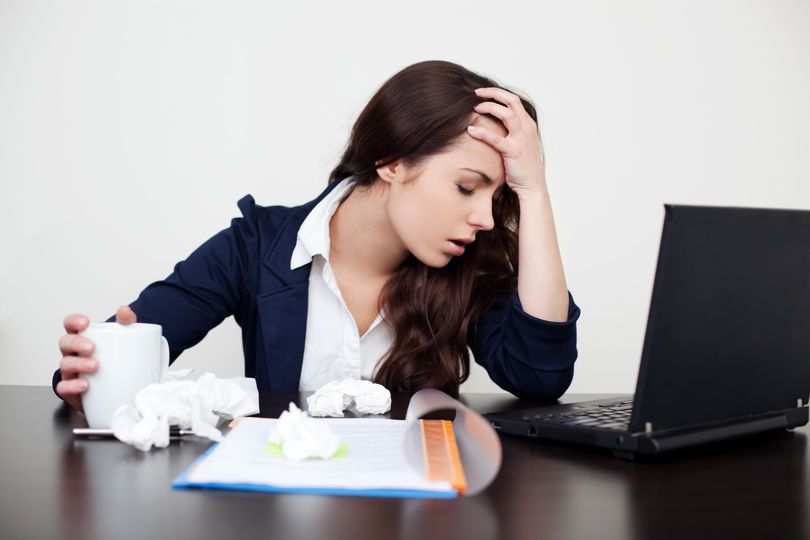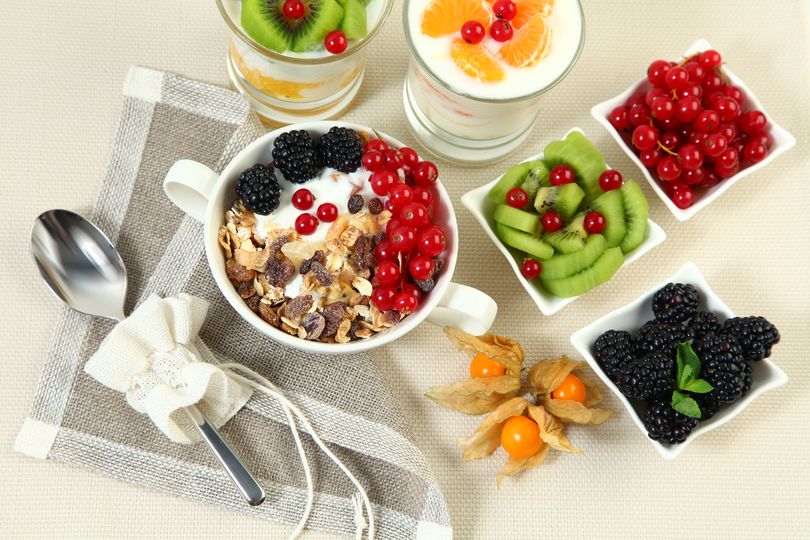Flying without catching the 'flu
If warding off a lurgy is not on your next itinerary, use these tips to dodge germs.

If you’re flying to and from the Northern Hemisphere right now, there’s a decent chance you could collect an unwanted souvenir – a nasty winter cold or flu.
On average, adults catch 2 to 4 colds a year, and you’re more likely to pick one up in communal areas, such as planes, airports, taxis or hotels.
Working when you’re under the weather is hard enough at home; it’s worse in an unfamiliar environment. To stay lurgy-free on your next trip, it’s helpful to know just how effective some anti-germ strategies are.
Why germs love planes
The thing that makes us most vulnerable to catching viruses on a plane? The sheer number of people sharing a small space. When someone on board has the sniffles, watch out if you’re seated in the two rows ahead or behind them.
Recirculating air is often blamed for passing bugs from passenger to passenger, but it turns out that’s a myth. HEPA filters onboard remove bacteria and viruses from the air. A US study of 1100 passengers revealed about the same proportion caught colds on planes with fresh air (21 per cent) compared to those with recirculated air (19 per cent).
However, the low humidity onboard is a problem. It dries out your nose, interfering with the nasal defence systems of mucus and tiny hairs that usually trap viruses.
First things first
In any environment, your most effective weapon against colds and flu is plain soap and water. Of course, it also removes other germs that worry travellers – like the ones that cause tummy upsets, or even the much-feared coronavirus.
A quick flap under the tap won’t do it, though. Scrub for at least 20 seconds. Remember the backs of your hands, and your fingertips (you’d be horrified to see the microscopic critters proliferating under your nails right now). Finally, dry well. Damp hands pick up more new germs. Wash before each meal, as soon as you leave the plane, and when you enter your hotel room.
More defences for your arsenal
Alcohol gels do not kill some types of microbes (like norovirus), but they're better than nothing when you can't wash your hands.
Keeping your hands away from your face will stop the enemies at the gates. Unconsciously touching your eyes, nose or mouth is how the virus gets from your hands into your body.
Choose your seat wisely - a window seat reduces the number of people you're in contact with. Landed a neighbour with a concerning cough or runny nose? If there are empty seats, you could quietly ask to move.
Be “that” passenger and clean your seat. Use a wet wipe on the seat belt, arm rests and tray table in case a previous passenger's germs are lying in wait. Viruses may survive for hours or even days after the infected person disembarked.
Supplements to prevent colds
Regularly popping Vitamins C and D is sometimes thought to prevent colds, but the evidence isn’t great. Research shows Vitamin C might be useful after an intense workout. Taking Vitamin D might help if your body’s Vitamin D level (produced in response to sunshine) is very low.
Of course, even better than taking vitamin supplements is grabbing nutritious foods as often as possible. Balanced meals provide your body with these vitamins and all the other nutrients it needs to fight off infection.
The herb echinacea is a favourite among many germ-wary travellers, but the research is less enthusiastic. Analysis of 10 quality trials shows that the reduction in colds is not statistically significant.
A probiotic supplement, however, might be worth taking. A rigorous Cochrane review of the research found people taking these friendly bacteria had a 47 per cent lower chance of catching a cold, although more research is needed.
The most common types of probiotic supplements are lactobacillus and bifidobacteria. Get them in yoghurt, or as a powder or capsule. Don’t forget to wash them down with the high-fibre foods these good guys thrive on.
Should you get the vaccine?
The bad news - there is no vaccine for colds. With about 200 different cold viruses, we’re not getting one any time soon.
However, getting the annual ‘flu shot is sensible. Far more severe than a cold, influenza knocks you flat for 2 to 3 weeks, and causes thousands of Australian hospitalisations each year. While not 100 per cent effective (no immunisation is), the flu vaccine is safe and works reasonably well.
Your anti-lurgy packing list
To stay sniffle-free, here’s your cheat sheet of what to bring on your next flight.
- Travel-size body wash – for bathrooms that have run out of hand soap
- Hand sanitiser – for when you can’t get to a basin
- Alcohol wipes – for cleaning your armrests, tray table, and seatbelt
- Saline nasal spray – to combat the dry air onboard which makes you more vulnerable to viruses
- Probiotics or yoghurt, and other nutritious snacks





Qantas - Qantas Frequent Flyer
18 Jul 2017
Total posts 30
Louise, excellent comments.
In fact it has been shown that most of the germs and dirtiest place onboard is your tray table. Cleaning staff don't touch this when doing a quick clean for a return flight. Reports indicate the tray table is dirtier than the bathrooms.
Hi Guest, join in the discussion on Flying without catching the 'flu